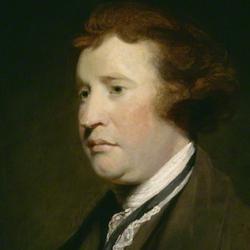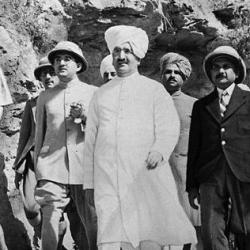In a TLS retrospective on Kipling, Michael Holroyd notes the obvious: “By the time he won the Nobel Prize for Literature in 1907 he was well known as the private soldiers’ poet, and had achieved fame for beating the drum on behalf of the British Empire. The British had indeed done some good work in India: extending the Indian railways and canals and establishing the first adequate forest service. Although the East India Company was there to trade and make a profit, it also reorganized the Public Works Department, brought in civil servants and created a just legal system. The Company invested too in education so that many Indians spoke excellent English and played enjoyable cricket (though no Englishman believed that an Indian eleven would ever get the better of the English team).”
But Kipling was also aware that Britain didn’t achieve all it achieved in India out of some grand civilizating mission: “as he told the Irish writer John Stewart Collis later in his life, he did not believe that the British travelled abroad in order to create empires. On the contrary, they simply travelled, as do all people who live on islands, to explore more of the world. Among them, he admitted, were some adventurous, well-armed traders who arrived on the east coast of India. They found themselves in a land of warring tribes and soon observed that wherever the British travellers pitched their tents there was safety. You could go to bed without fear and wake up in peace. There was nothing more tranquil than a few guns. Eventually this handful of well-armed British voyagers spread their influence over the whole country and, to their surprise, the English found themselves in possession of a continent.”
Like other imperial powers, Britain stumbled into empire as much as it conquered one.















